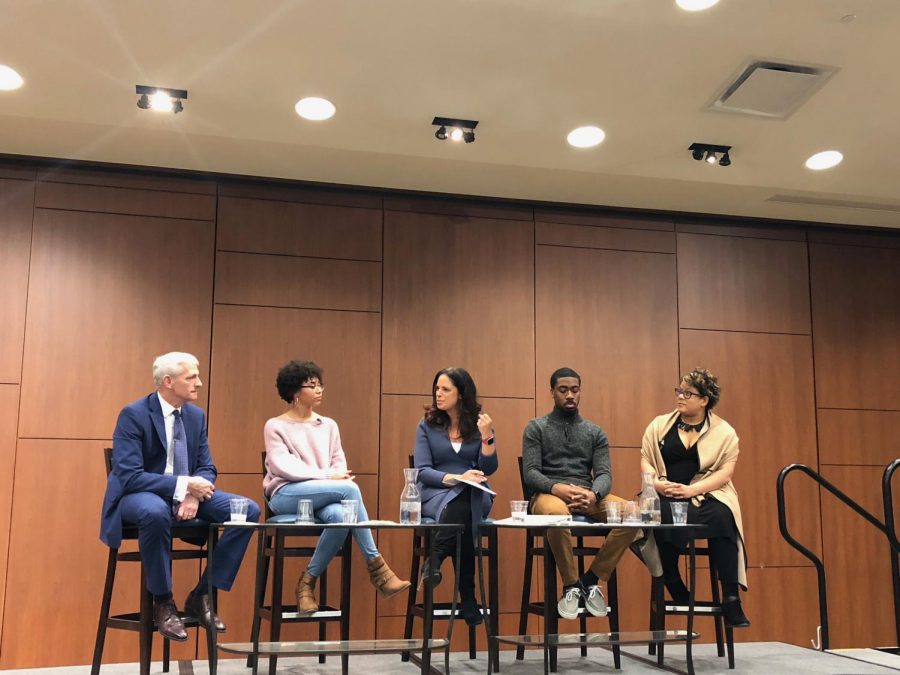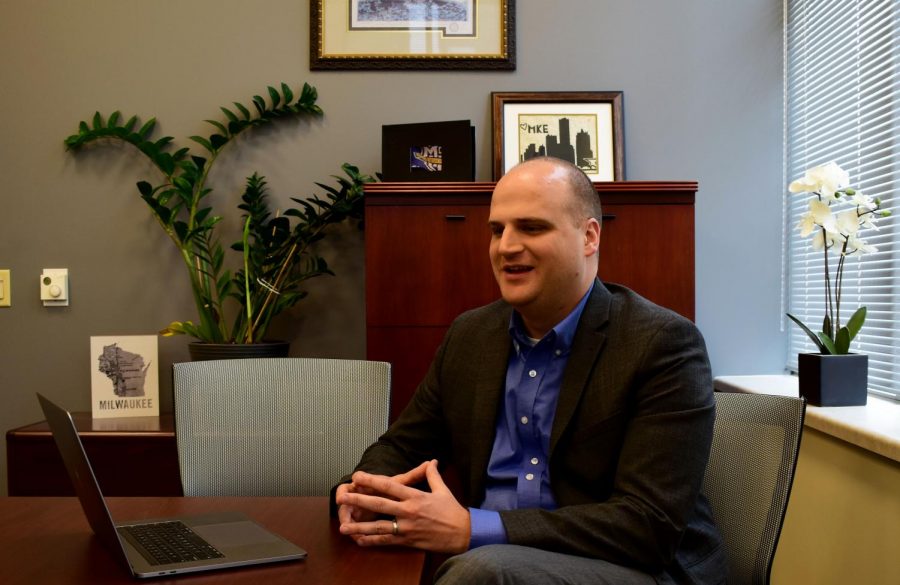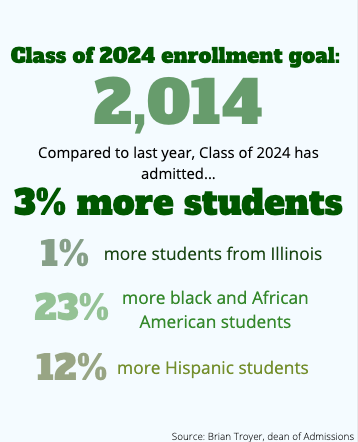Last February, the university hosted a diversity panel attended by University President Michael Lovell and moderated by prominent broadcast journalist Soledad O’Brien to discuss race relations on campus.
Marquette professor of law Kali Murray attended the panel last year and in a follow up phone interview reexamined what the “concrete steps for creating a safer space on campus for people of color” looks like.
Before the panel opened to to the public, a pre-panel was hosted by Rita Aleman, program manager for Lubar Center for Public Policy Research and Civic Education, along with Lovell and O’Brien. Murray said the pre-panel helped them identify what topics to cover.
“It was a very useful process to understand what diversity planning should look like,” Murray said.
Despite Murray’s enthusiasm for the panel, she stated uneasiness regarding how the student population reacts and interacts with students of color.
“The student population needs to send messages of inclusivity rather than exclusivity,” Murray said. She said she believes social interaction that welcomes all races is one of the best ways to secure healthier student-to-student relationships.
Murray added that she thinks one of the most significant policy moves Marquette needs to implement is one that will make retention rates among faculty who are people of color as high as possible.
“Do we have a faculty retention rate for POC faculty after they become nationally recognized?” Murray questioned.
Dominique Maybank, a senior in the College of Education and an executive board member of Marquette’s chapter of Campus Curlz, attended the diversity panel last year. She said Campus Curlz is a group that empowers natural hair confidence through service-based experiences.
Maybank said people of color did not expect Marquette to initiate catered policy changes.
“There are students who still have to file complaints against their own professors who make culturally incentive comments,” Maybank said.
Marquette is considered a Predominantly White Institution, which drastically structures how students of color function and interact in classroom environment, Maybank said.
“Change takes time,” Maybank said. “It’s not something that can be done in a year, but there has been a lot more investment I’ve seen.”
The Minority Scholar Mentoring Program is a student organization that was founded this year to help connect minority students to peer mentors in their respective colleges to help new students feel more included inside and outside campus.
MSMP was formed by Kaitlin Johnstone and Sunitha Doraivelu, seniors in the College of Arts & Sciences, along side Joya Cera, assistant vice president for student affairs.
Associate Director of Hispanic Initiatives Jacqueline Black said in an email Marquette’s recent endeavors to fund new projects in the 2019-20 year.
These groups include “low-income student participation in high-impact practices such as study abroad, ramping up our Spanish language outreach, supporting underrepresented student organizations, working with HR to create a toolkit for equity-minded hiring practices, and supporting faculty to foster inclusive pedagogical practices in their classrooms.”
Black said a big part of the diversity initiatives is to help each college induce “goal-based, multiyear diversity plans,” which will be orchestrated by the College of Communication with William Welburn, president of academic excellence.
Black said she believes diversity, equity and inclusion work must not be contained and regulated by a few administrative offices, but become a responsibility for the entire campus to embrace.
A Diversity Symposium on Diversity, Inclusion, and Social Justice will be held on campus April 2 by the University Committee on Equity and Inclusion. this is probably not still happening, right? It will dive more in detail about campus diversity planning.
Dean of Undergraduate Admissions Brian Troyer said many offices are collaboratively working together to shape a more attractive school for incoming students of color and simultaneously building a safe campus to retain their students.
“The Office of Admissions has taken several significant steps in recent years to ensure we attract a talented and diverse applicant pool,” Troyer said in an email.
The admissions staff provides outreach programs that partner and frequent with community organizations like Chicago Scholars and the Boys & Girls Club of Milwaukee, Troyer said.
The Chicago Scholars is an organization that trains and mentors under-resourced students in Chicago to complete college and apply transformative skills to their neighborhoods and cities. The Boys and Girls Club of Milwaukee is nationwide organization that facilitates and provides academic and recreational programming to all Milwaukee land youth.
“Diversity remains a top priority at Marquette,” Troyer said in an email.
According to the Office of Inclusion Research and Analysis, 25% of the overall student population is of color. Twenty-eight percent of the undergraduate student body is of color, and 18% of the graduate body is of color.
This is a record-high number that Marquette will expand with infrastructural and transparency changes between faculty and staff, he said.
However, faculty diversity rates do not match the student body minority percentage. Maybank said more equal diversity rates between faculty and students is intended to make minorities feel more represented in affinity groups and classrooms.
This story was written by JK Rees. He can be reached at james.rees@marquette.edu.






